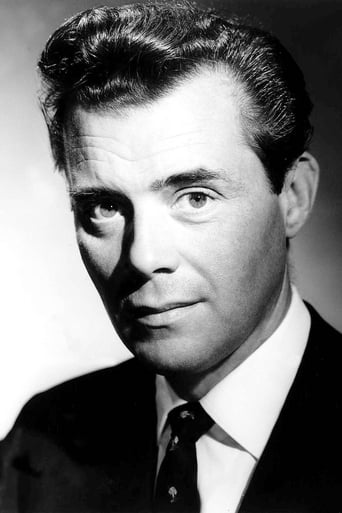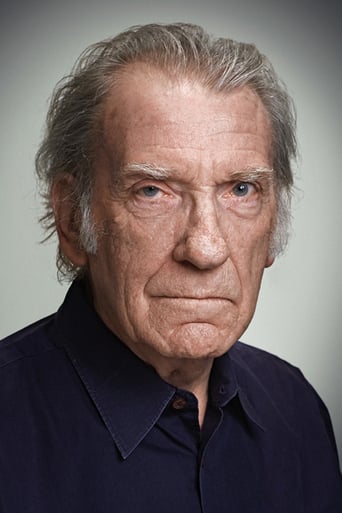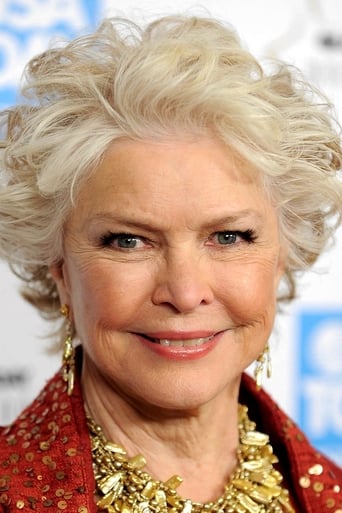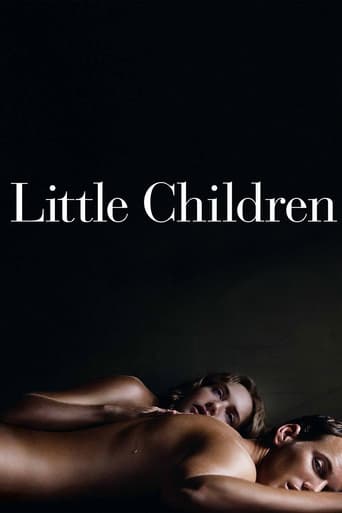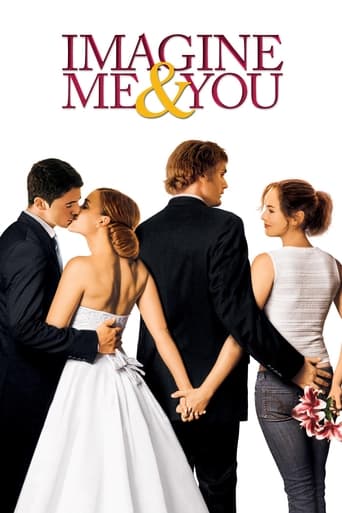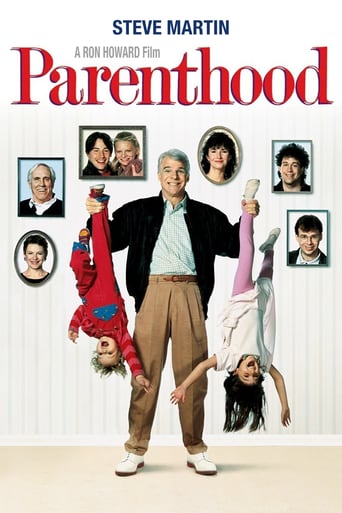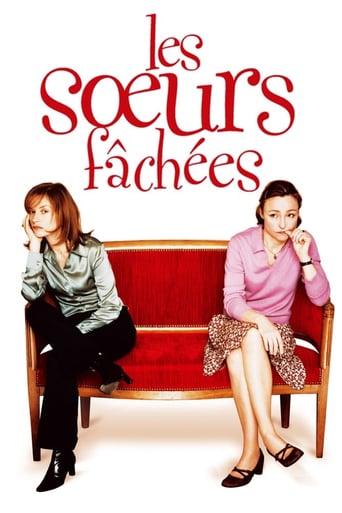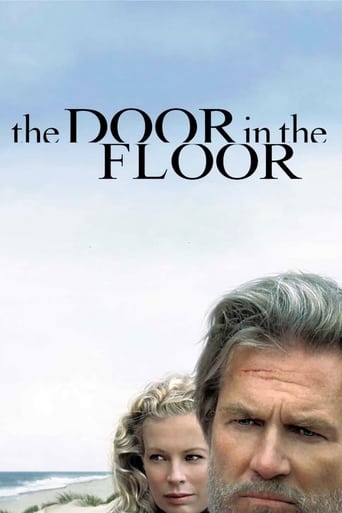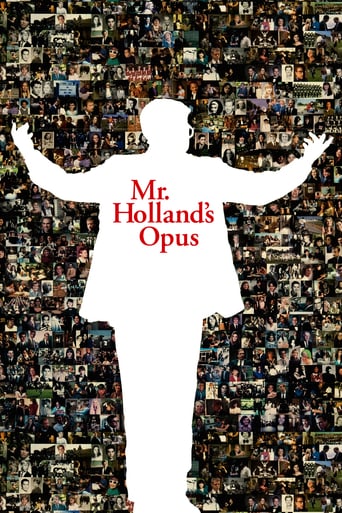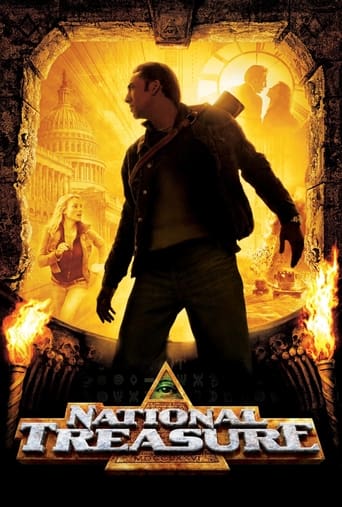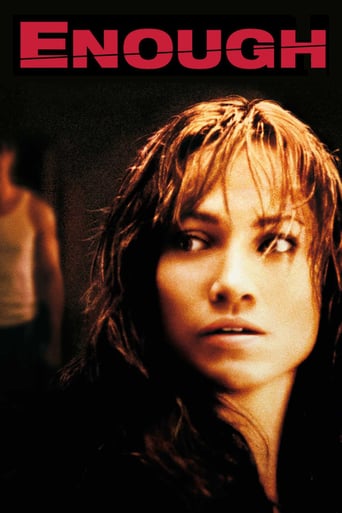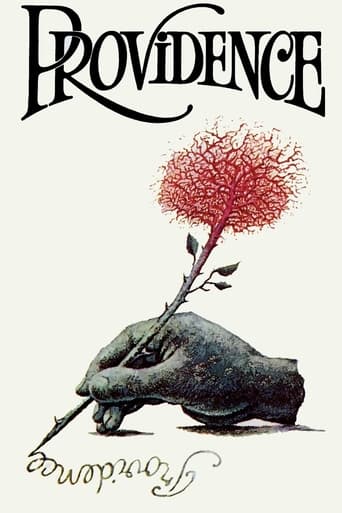

Providence (1977)
On the eve of his 78th birthday, the ailing, alcoholic writer Clive Langham spends a painful and sleepless night mentally composing and recomposing scenes for a novel in which characters based on his own family are shaped by his fantasies and memories, alongside his caustic commentary on their behaviour.
Watch Trailer
Cast
Similar titles
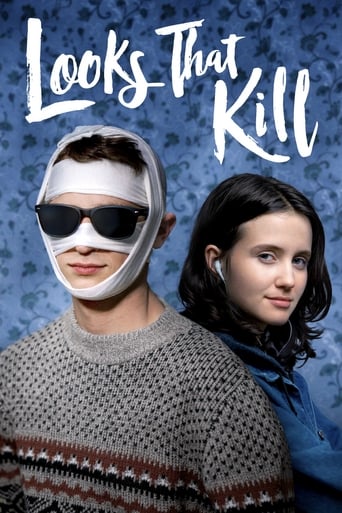
Reviews
The Age of Commercialism
It's the kind of movie you'll want to see a second time with someone who hasn't seen it yet, to remember what it was like to watch it for the first time.
This film is so real. It treats its characters with so much care and sensitivity.
The story, direction, characters, and writing/dialogue is akin to taking a tranquilizer shot to the neck, but everything else was so well done.
This one's surely among the strangest efforts to be made by an internationally-acclaimed film-maker; incidentally, even if Resnais was never credited with the writing of his films, the fact that they all deal indeed, play with concepts of time and space (to say nothing of the conventions of cinema itself), makes him a veritable auteur. The film marks the director's first and, so far, only English-speaking work (but which may well have presaged the path that Resnais' subsequent career would take, where in later years, it would be all but overtaken by adaptations of English stage plays!); the script here was written by David Mercer (best-known for Karel Reisz' surreal 'Swinging London' comedy MORGAN: A SUITABLE CASE FOR TREATMENT [1966]) and features an eclectic powerhouse cast led by Brits Dirk Bogarde, John Gielgud and David Warner (Morgan himself!), and Americans Ellen Burstyn and Elaine Stritch.The narrative revolves around dying novelist Gielgud who reflects on his life and family; so far, so good but it's set against a backdrop of military action that's closing in on the titular country-house where he resides (the name of the location itself is never mentioned). Besides, events depicted during the first half emerge to have been mere fantasy on Gielgud's part (he imposes his thoughts on people and even wills them in specific places to their own amazement!). In fact, we first see Bogarde prosecuting private Warner for the murder of an old man (whom the latter says had asked to be killed because he was turning into a werewolf at one point, Warner himself sports extensive facial hair!); Burstyn, Bogarde's resentful wife, then takes the acquitted Warner as her lover and her husband subsequently suffers the recurring presence of the private's "famous footballer" brother (who beats up the eminent lawyer when confronted by him!); also, Bogarde's ageing mistress (Stritch) turns out to be a dead-ringer for his own mother who committed suicide Mercer's ambitious and clever script is uneven, however: offering, on the one hand, literate and frequently bitchy dialogue that would seem like an actor's dream, but also lapsing into gratuitously repellent detail on occasion (such as Gielgud taking a suppository and, later, shown using the lavatory his particular illness, in fact, is treated in quite rigorous fashion! or the pointless flashes to the autopsy being performed on the 'wolfman'). Unfortunately, the film peters out during the straightforward last act in which Gielgud is visited by his family (where it's also revealed that Bogarde and Warner are actually brothers!) for an open-air dinner they squabble some more and, finally, Gielgud asks to be left alone.Apart from the cast, two other major trump cards the film has up its sleeve are Ricardo Aronovich's exquisite cinematography and Miklos Rozsa's typically lush score (which fits the movie surprisingly well). Moreover, PROVIDENCE swept the board at that year's Cesar Awards (the French equivalent to the Oscar) and, all in all, in spite of its faults and not inconsiderable length, the film is too weird (and stylish) to be ignored not to mention, funny enough to be enjoyed by adventurous viewers.
Not enough can truly be said for this film. Equally, nothing can change people's reaction to it; it is an art piece which separates people. Early reviews from the period of its release seem unfriendly at least. Many reviewers found the film pretentious and constructionally difficult. Many claimed it attempted more mystery than it had a right to. I feel this was a film ahead of its time, and any pomposity in the film comes not from its center, but from its central character, Clive Langham (John Gielgud). This, more than almost any film of the 20th century, is a film which rewards the viewer for multiple viewings. If you are often accused of being obsessive, overly-analytic or just plain artsy, this film will tickle you in some very personal places. The message I will refuse to comment on, though it is very deeply personal to me, and, I would say, to all writers. But the "crux of the biscuit," if you will, is this: examine the title in relation to the film.
This is one of the strangest movies I know. French intellectual aesthete meets contemporary British playwright - this should be the title of Providence. When two completely different cultures meet for a common project, the risk of failure is enormous. But in this case something interestingly and uniquely hilarious was created. Providence is a feverish dream that was successfully created for the screen.The dream sequences of an old, dying writer, played by John Gielgud are absurd in a very British way. John Gielguds's upper class "king's English" voice-over adds effectively to its strangeness. As usual in contemporary British plays, sex and bowel movements are of the utmost importance . no, the script as a whole is neither very original nor particularly funny. I liked the incongruous, illogical situations though. Every now and then, in the most impossible situations, a strange, sickly looking football player (he seems to have fallen off Monty Python's Flying Circus) jogs limply past.Director Alain Resnais is responsible for the dreamscapes, and they make Providence worth watching. Real settings are artfully distorted into haunting, surreal spatial sequences. Foreground and background, light and darkness, different textures and beautiful color arrangements are expertly arranged into a world of its own that is never too far from reality. One is sometimes reminded of Magritte's surrealistic paintings. Strange sounds add to the almost psychedelic effect the dream scenes have.The acting is remarkable, especially Dirk Bogarde as the writer's slick, cynical «dream son» gives an outstanding performance.
A double header of complex imagination (first part) and painful recrimination (second part) in this film of deep feeling and hurt seen through the eyes of the dying author (John Gielgud). David Mercer's script includes all his life long angst of the relationship of father and son, although now in his final years fought out with more complex and participating female characters in the ghost of his dead wife, who doubles as his son's mistress (Elaine Stritch) and daughter-in-law (Ellen Burstyn).The acting is pure poetry with John Geilgud at his refined best as the drunken and dying author in part celebrating his life of drunken womanising and in part regretting the pain that he has caused, in particular to his family. Dirk Borgarde performing the impossible task of being two imaginary characters and one real one with seemless effort. As the son of the dying author he carries all the pain and hatreds of the dying father both in the old man's fantasy and in his real life of inherited disillusionment. His relationship with his wife and mistress (in practice his mother! complex eh!) changes from the deeply loving to the perceive accusatory of the old man's increasingly drunken imagination.Ellen Burstyn gives one of her finest film performances as the long suffering wife ,but in the end all the plaudits go to the writer. The style may be only that of the one-liner but each of them hits as an aphorism from the greatest of philosophical minds. The revolving characters of the final part of the authors dreaming make a bewildering tapestry of the imagination.A fabulous movie, but one that will take many viewings to actually comprehend the complexities of it. Set that video!!
